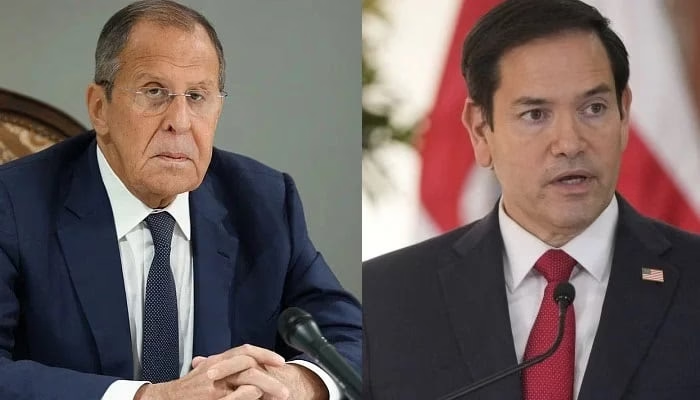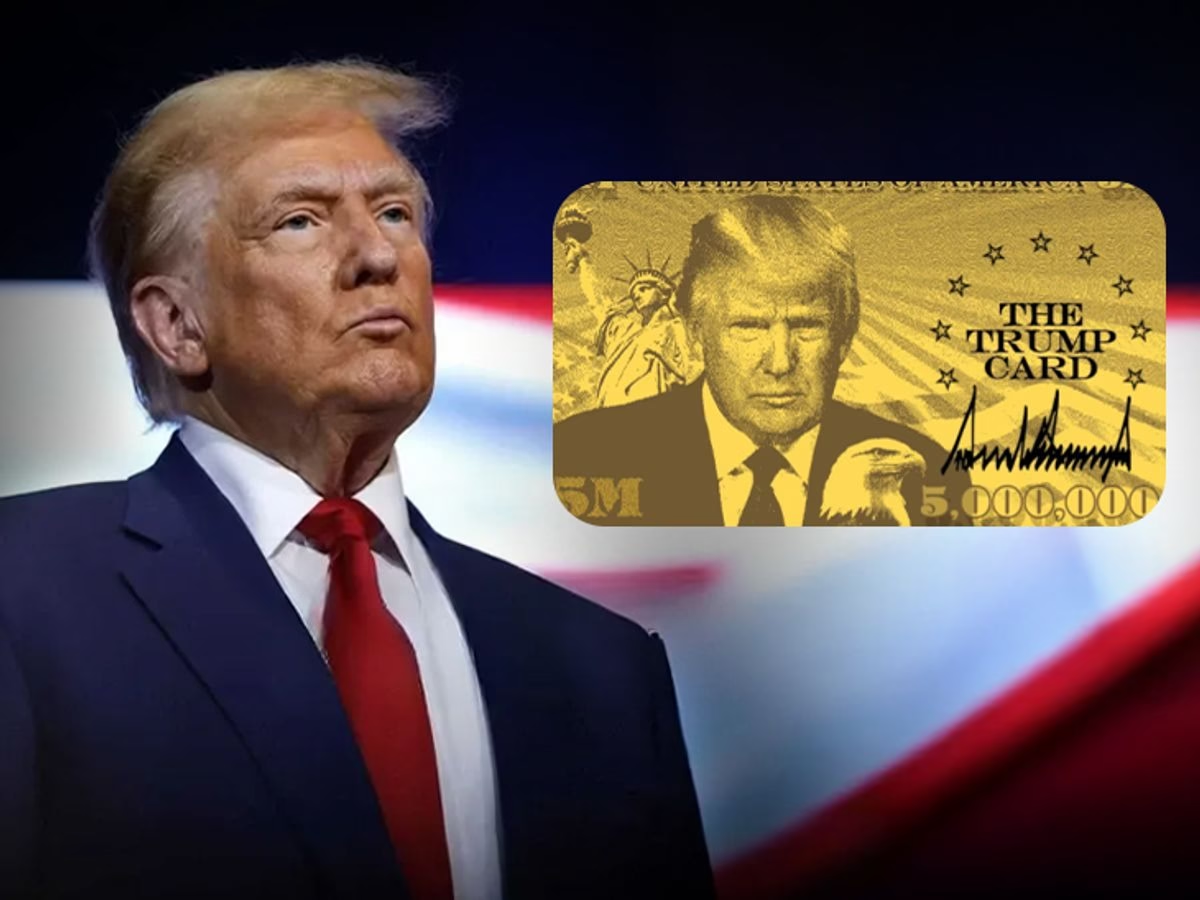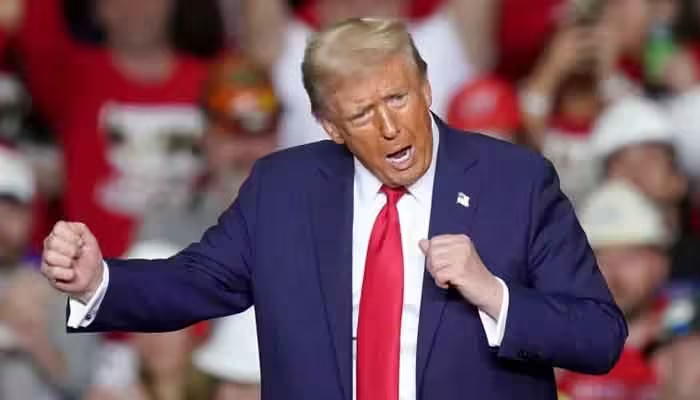As Bhutan prepares for parliamentary elections in Thimphu on January 9, the strategic contest over disputed border zones between China and India intensifies, raising concerns among analysts about the landlocked kingdom’s future alignment.
Content: Nestled between the towering Himalayan peaks, Bhutan has historically been isolated, but the upcoming elections have caught the attention of both India and China. A recent “cooperation agreement” between Bhutan and China has heightened India’s concerns, as Bhutan has long been regarded as a buffer state within India’s sphere of influence.
Harsh V. Pant, an international relations professor at King’s College London, emphasizes that Bhutan represents one of the last barriers to China’s ambitions in South Asia. While India had historically overseen Bhutan’s foreign policy until 2007, recent developments signal a shifting dynamic.
A December report from Britain’s Chatham House points to satellite images indicating China’s construction in Bhutan’s northern frontier region. The report suggests that pending a border deal outcome, this could result in the region becoming permanent Chinese territory.
China’s determination to resolve the boundary issue and establish diplomatic relations with Bhutan carries significant implications for India. Analysts warn that if China consolidates its gains in northern Bhutan, it could diminish India’s influence in the region, posing strategic challenges.
India has been vigilant about Beijing’s growing assertiveness, particularly along their shared 3,500-kilometer border. The 2017 Doklam standoff, a 72-day military confrontation, underscored the tensions in the region.
Chatham House adds that while Bhutan-China border talks may not be a priority for Bhutanese voters, India remains Bhutan’s largest source of investment and infrastructure. India’s economic ties and bilateral relations with Bhutan are crucial factors in the geopolitical landscape.
As Bhutan readies for a new government, the delicate balance in its foreign relations has far-reaching implications, with both China and India closely monitoring the election outcomes.



